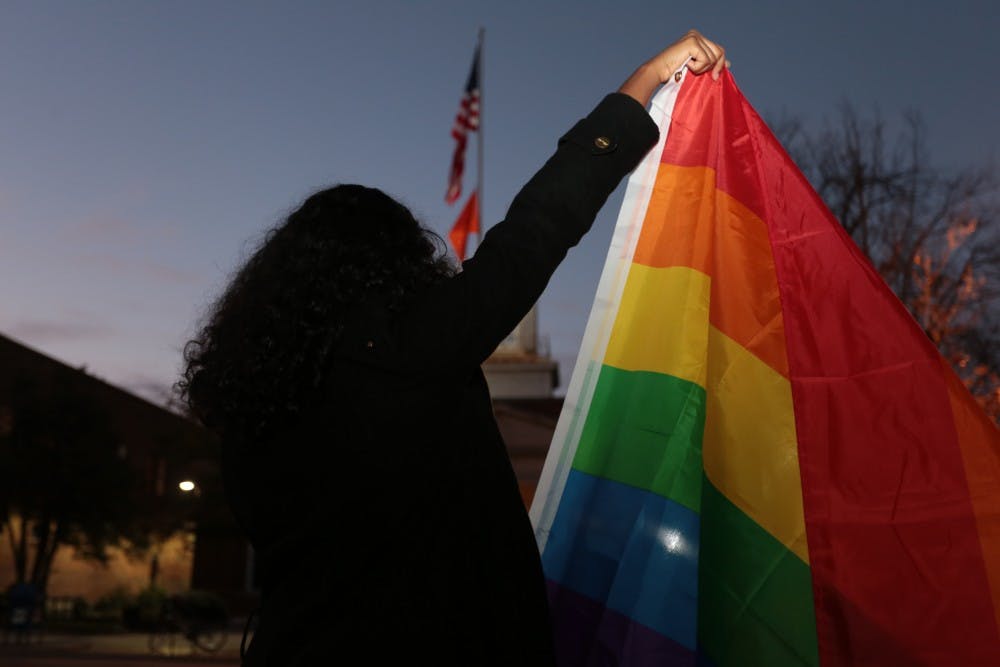North Carolina is the only state where people can't get restraining orders against members of their sex, but the ACLU of North Carolina and Equality North Carolina are signing onto a lawsuit to change that.
In the case of M.E. v. T.J. in Wake County, a woman sought a protective order against domestic violence following her breakup with her ex-girlfriend. The court denied her request because the 50(B), known as a restraining order, stated that the protection from domestic violence only applies to persons of the opposite sex.
Ames Simmons, director of transgender policy at Equality N.C., said there are many ways North Carolina has been an outlier when it comes to LGBTQ+ people's rights, such as passing House Bill 2 or being the last state in the country to raise the age of juvenile jurisdiction so that 16 and 17-year-olds are able to have their case at the juvenile court.
“We did finally fix that legislatively and that will benefit LGBTQ+ young people, but the legislature has been controlled by conservative lawmakers who have not been interested in trying to pass good policy for the LGBTQ+ community,” Simmons said.
Simmons said that in the past, legislators wrote laws without the LGBTQ+ community in mind, so these developments are recent compared to the evolution of North Carolina law.
"(The law) needs to be updated for the evolving thinking about marginalized people,” Simmons said. “The legislative intent was that everyone should be protected from domestic violence, but that is not the way the statute ultimately got written. It doesn't protect everyone."
Chris Brook, legal director of N.C. ACLU, said that a lot of people, especially the LGBTQ+ community and advocates against domestic violence, support the lawsuit.
“It haunts law enforcement that same-sex dating relationships don't have equal access to protective course,” Brook said. “These protective orders are great tools for individuals, as well as for law enforcement to ensure that situations don't become worse.”
Brook said he hopes the General Assembly will make changing the law its priority, but if not, he is very confident in the ACLU's litigation.



